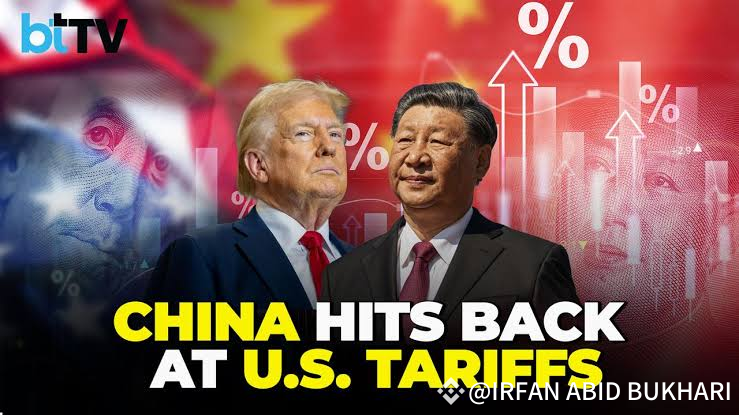Tensions over tariffs between the US and China remain a key issue, but there are signs of easing even as President Trump gives unclear messages about their relationship.
Reports on Friday indicated that China has quietly reduced tariffs on some US semiconductors, which helps its tech industry, as well as on certain US medicines. Bloomberg also mentioned that Beijing is considering lowering tariffs on medical equipment and chemicals.
China has taken a bold stance, while Trump caused confusion by saying he talked to Chinese President , which China denied. The Chinese Embassy in Washington stated on social media that there are no talks or negotiations on tariffs and urged the US to stop creating confusion.
Later, Trump mentioned he would remove tariffs on China if they provide something significant in return.
Despite the ongoing tension, signs of a possible reduction in tariffs have raised Wall Street's optimism for a broader easing of trade tensions between the US and China. Recently, China increased its tariffs on US goods from 84% to 125%, while US tariffs on Chinese imports have surged to 145% on most items.

Meanwhile, Treasury Secretary Scott Bessent suggested a US-South Korea trade deal could happen next week, praising South Korea's approach. In an interview with Time magazine on Friday, Trump said he expects many trade deals to fall in place over the next three to four weeks.
Investors are paying attention to important tariffs, delays, and exemptions. Trump is said to be considering exemptions for certain auto parts tariffs after halting duties on some consumer technology, despite his claims that these tariffs will be implemented eventually. The White House has also initiated an investigation into truck imports, which could lead to tariffs in that area.
On Friday afternoon, China's foreign ministry stated again that there were no tariff negotiations with the US, which goes against Trump's comments from Thursday. Trump had told reporters at the White House that discussions were happening, mentioning meetings that morning without specifying who was involved.
This seemed to respond to He Yadong, a spokesperson for the Chinese commerce ministry, who had said there were no current economic talks between the two countries.
The 10% tariff that started on April 5 is still applied to all imports affected in the US. Here are the latest updates as the policy impacts the world.

